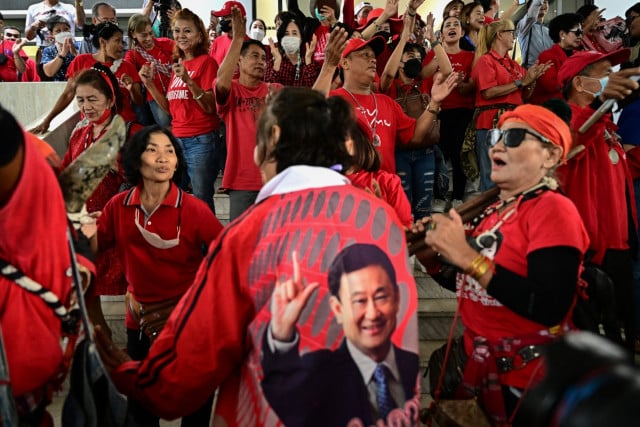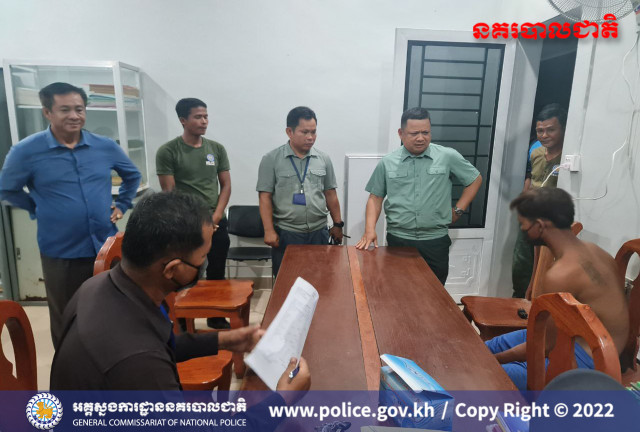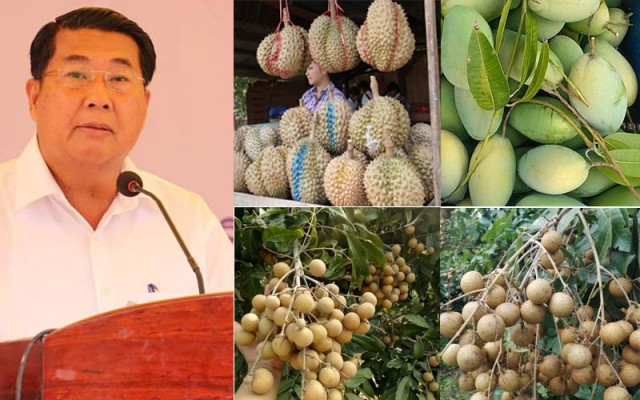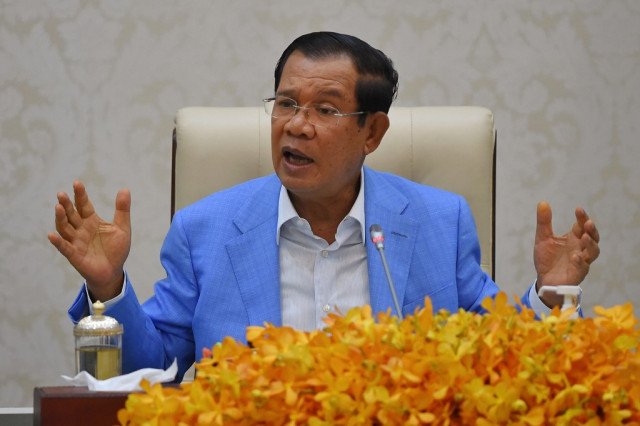Legitimacy of Pheu Thai Party as People's Champion' in Question

- By Long Sovitou
- September 13, 2023 9:50 AM
During its early years, the Pheu Thai Party, formerly the Thai Rak Thai Party, built its legitimacy on strong economic performance and populist policies that appeal to rural farmers.
Much of this political success is owed to Thaksin Shinawatra, who has historically been influential in Thai politics.
Thaksin has been absent from Thailand for nearly 17 years since being ousted in a coup, so a generation of young and middle-class voters have grown up with no attachment to these achievements.
The declining popularity of Pheu Thai was apparent during the May elections when it lost to the progressive-oriented Move Forward Party.
The recent swearing-in of Thailand's new cabinet marks a highly questionable turn for the Pheu Thai Party.
Despite initially making promises of progressive policies during the then coalition led by the Move Forward Party, Pheu Thai has formed an unlikely alliance with parties from the previous military-led government to break the political deadlock and secure the prime minister position for its candidate, Srettha Thavisin.
This ironic coalition with members of the army-linked parties that ousted its influential backers, the Shinawatras, casts doubt on Pheu Thai's legitimacy as the supposed “people's champion”.
Including parties like Palang Pracharath and Ruam Thai Sang Chart, once vocal critics of Thaksin Shinawatra, appears to be a marriage of convenience rather than a shared ideology.
The appointment of Thailand's new cabinet ministers has added fuel to the burning controversies of the Pheu Thai-led government as some key positions were allotted to figures with concerning backgrounds.
As part of the coalition deal, the deputy prime minister and natural resources minister roles went to Police General Patcharawat Wongsuwan, the younger brother of Palang Pracharath party leader General Prawith Wongsunwan, who was previously found guilty of misconduct over a deadly protest crackdown.
Meanwhile, the Agriculture and Cooperatives Minister, Thamanat Prompow, has faced allegations of heroin smuggling in Australia and a murder conviction in Thailand.
The assortment of these compromised ministers, allocated as apparent rewards among coalition parties, raises questions about Pheu Thai's integrity and ability as the leader to inspire public confidence.
According to a leaked 52-page document believed to be the upcoming policy statement, there are glaring omissions in Pheu Thai's headline electoral pledges. Gone are promises to nearly double the minimum wage without specifying the exact increase, lower train fares to a flat 20 baht, and elect a charter-drafting committee - reforms that gained Pheu Thai overwhelming public support.
Instead, the document reportedly focuses on vague goals like a “modern economy” and “resolving conflicts of opinions regarding the constitution”. This gives the impression that the policy agenda was primarily dictated by the conservative coalition members rather than Pheu Thai despite its public mandate.
It is noteworthy that the 10,000-baht digital wallet policy is also evident in the document, an ambitious approach that requires approximately 560 billion baht to implement.
When Prime Minister Srettha Thavisin brought forward the subject to Bank of Thailand Governor Sethaput Suthiwartnarueput, the governor expressed worries about its long-term implications on the country's financial structure, notably the public debt movement despite showing support for the policy.
It remains to be seen if Pheu Thai can deliver its promised progressive policies under this administration heavily shaped by military-royalist parties.
Likewise, a poll conducted by the National Institute of Development Administration (Nida) from August 30 to September 1 found that approximately half of the respondents wondered if the Pheu Thai Party would successfully deliver its ten major campaign promises made before the election.
These findings hint at early indications that the new government will likely be more aligned with the interests of the establishment elites than the masses who voted with the optimism of much-needed changes.
To this end, Pheu Thai faces an uphill battle to convince voters that its original policies remain intact and that the successful implementation of guidelines aims to make a difference to a stagnant economy still recovering from the post-pandemic slump.
Failure to implement promised policies and reforms will likely see its popularity plunge as the public loses trust in its motivations. This could open the door for progressive parties to tap into public dissatisfaction and lead the charge for an alternative progressive vision for Thailand's future.
Progressive rivals like the Move Forward Party have ample ammunition to position themselves as the true representative of public interests.
Having won the most seats despite electoral mechanisms weighted against reformist parties, Move Forward is expected to retain its credible image as an agent of change that Pheu Thai now risks losing.
The coming months will tell whether Pheu Thai stays faithful to its campaign promises and successfully implements these policies under its compromised new government.
If not, the party could be heading toward a downward trajectory and face public condemnation as opportunists who betrayed those who believed in their promises of change. This could fuel public discontent and demands for the bold reforms that parties like Move Forward have long advocated.
Long Sovitou is a researcher at the Center for Southeast Asian Studies and a lecturer at the Institute for International Studies and Public Policy, Royal University of Phnom Penh. The opinions expressed are those of the author and do not represent the views of his affiliations.















